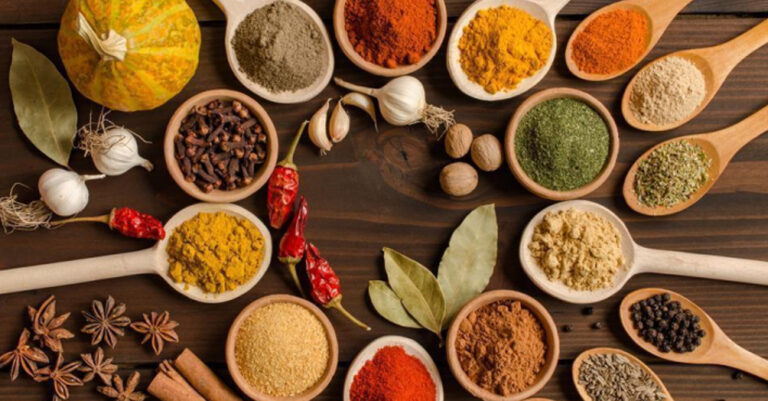Spices are essential in cuisines worldwide, enhancing food with their unique flavours, colours, and aromas. But beyond their culinary uses, spices represent a lucrative global industry.
Derived from plant parts like seeds, roots, bark, and dried fruits, spices can be used whole or ground. Popular spices include ginger, turmeric, cloves, and black pepper, many of which also offer health benefits such as reducing inflammation and providing antioxidants.
The global spice industry is valued in the billions of dollars, with India leading as the largest producer, consumer, and exporter of spices, responsible for over 70% of global production. Other significant spice-producing nations include Vietnam, China, Indonesia, and Turkey. Countries such as the United States, Germany, and the United Kingdom are major importers, increasingly interested in organic and ethically sourced products.
According to TinkerandBell, an online spice business platform, the global spice and seasonings market is set to grow from USD 23.5 billion in 2023 to USD 42.9 billion by 2033, with an annual growth rate of 6.2%.
Spices like black pepper, cardamom, cumin, turmeric, and cloves dominate international trade, and the increasing demand for organic spices has led to more stringent regulations and improved packaging methods.
In Africa, the spice trade is gaining momentum, especially in East and North Africa. Countries like Ethiopia and Tanzania are known for producing ginger, turmeric, and cardamom. While Nigeria primarily grows spices for local use, it has significant potential in producing ginger, garlic, and pepper.
A report from Report Linker forecasts that Nigeria’s spice production will reach 1.25 million metric tons by 2028, up from 1.04 million metric tons in 2023, reflecting an annual growth rate of 2.8%. Since 2019, Nigeria’s spice supply has grown by 6% per year.
Other African nations, including Morocco, South Africa, and Egypt, are already exporting spices to Europe and the Middle East. However, many African countries still import high-end spices like saffron, cardamom, and cloves from Asia.
A visit to Wuse Market in Abuja, Nigeria’s capital, illustrates the vibrant spice trade, with vendors offering both local and imported spices. Hafizu Binyaminu Dan Yauta, who has been in the spice business for seven years, noted that cloves, cinnamon, black pepper, fennel, and cumin are in high demand. He sources his products from Saudi Arabia, Morocco, and Algeria, purchasing in bulk through Kano State.
“Sometimes, the challenge is when goods don’t sell quickly, or they spoil,” Hafizu said. “But when the business is good, I sell out fast, and my customers keep returning.”
Hafizu also sells Nigerian-grown spices like lemongrass and mint leaves, offering them in both bulk and small quantities, with prices starting from ₦1,000 per small cup of cloves.
Muftahu Idris, a spice trader with ten years of experience, emphasized that cardamom, cinnamon, pumpkin seeds, and almonds are among his best sellers. He sources his spices from India, Pakistan, China, and Dubai, and also buys Nigerian-grown ginger, black pepper, and pumpkin seeds.
“I sometimes buy up to ₦3 million worth of spices in a month, depending on demand,” Muftahu shared. Despite challenges such as middlemen inflating prices, he sees the spice trade as a successful venture that has allowed him to build houses and care for his family.
With global demand for spices increasing, Nigeria is well-positioned to capitalize on this growth. From local farms to markets like Wuse, the spice industry is gaining value. With adequate support, Nigeria can boost its production, enhance processing capabilities, and begin exporting its rich variety of spices to international markets.

